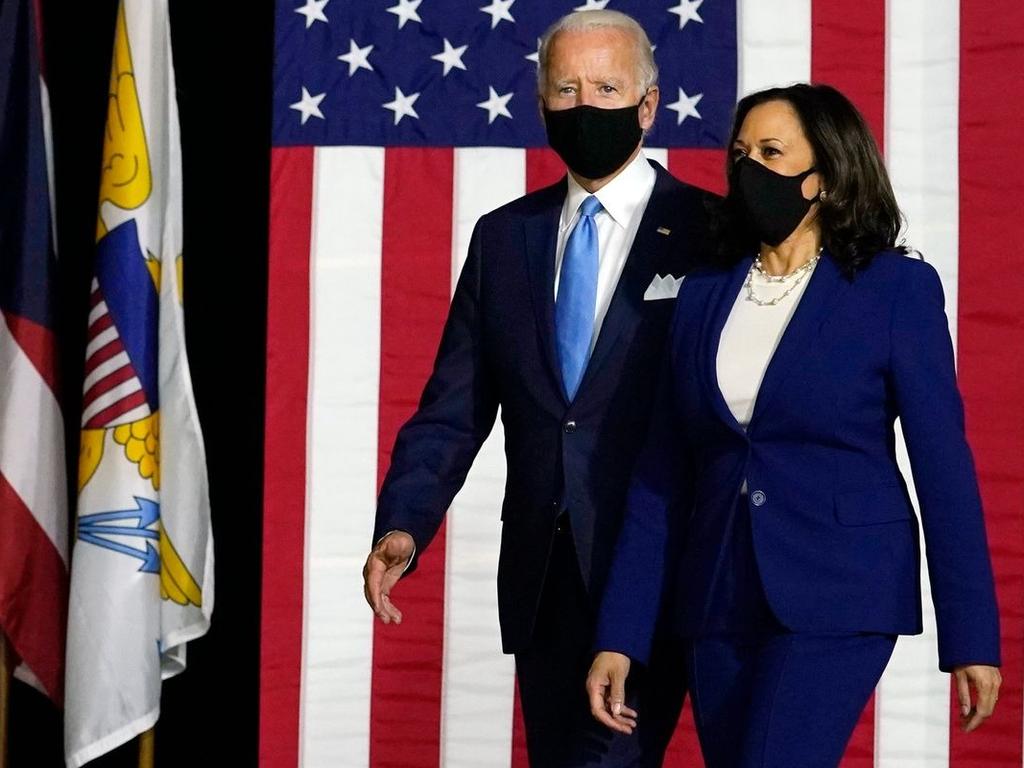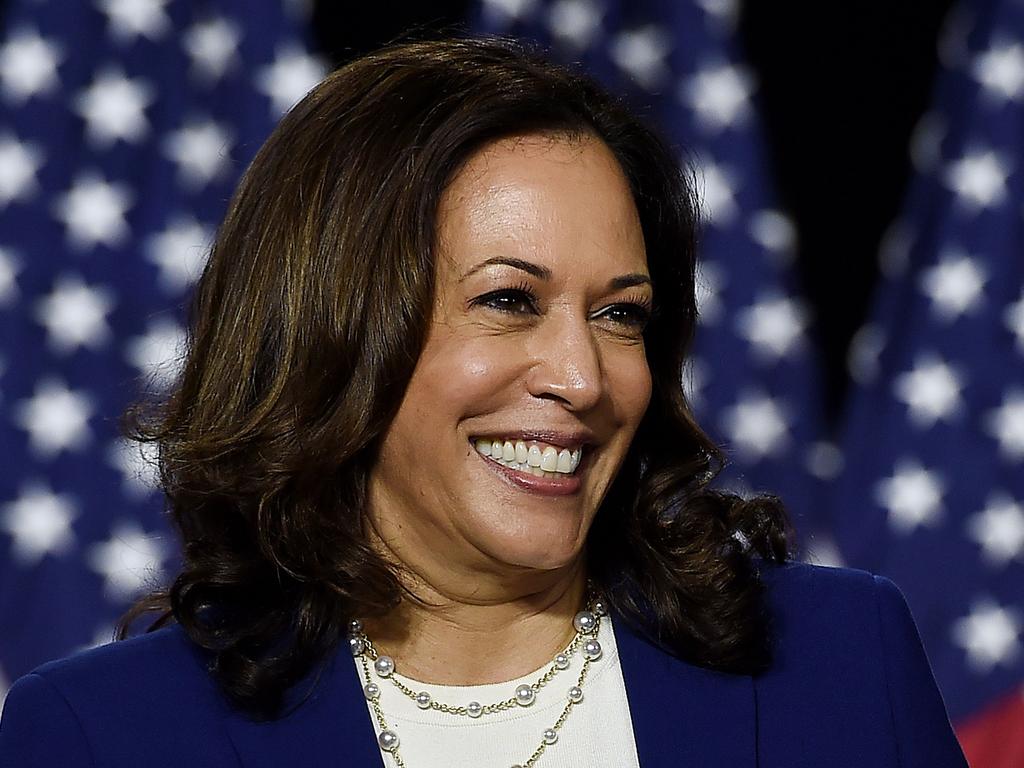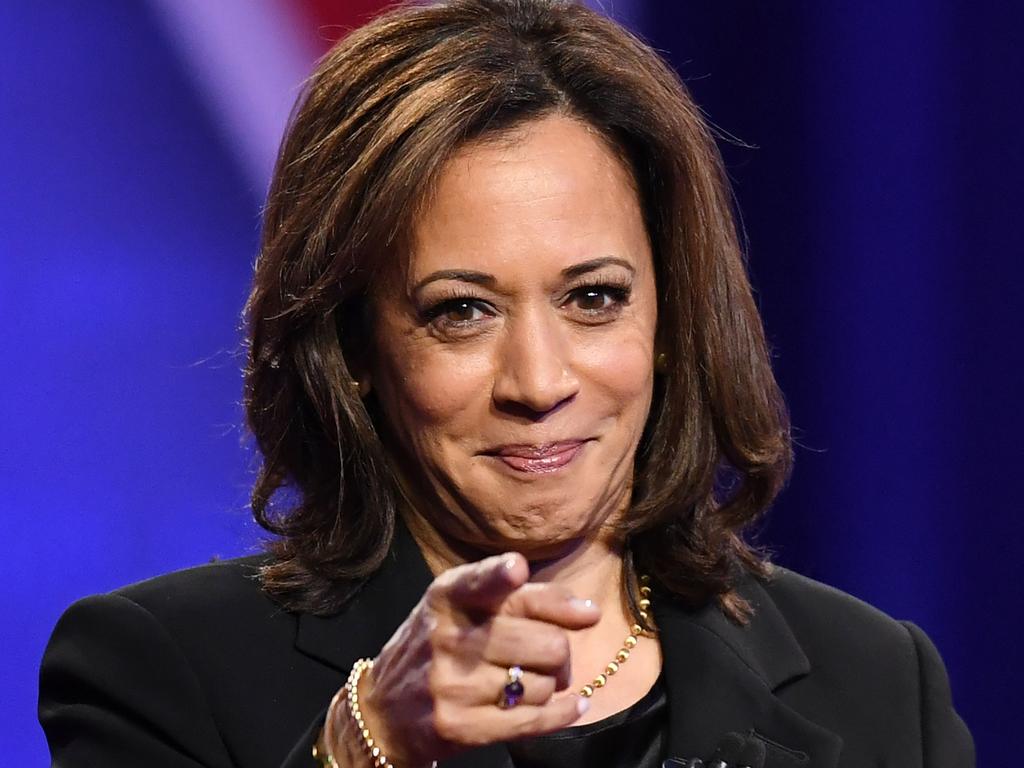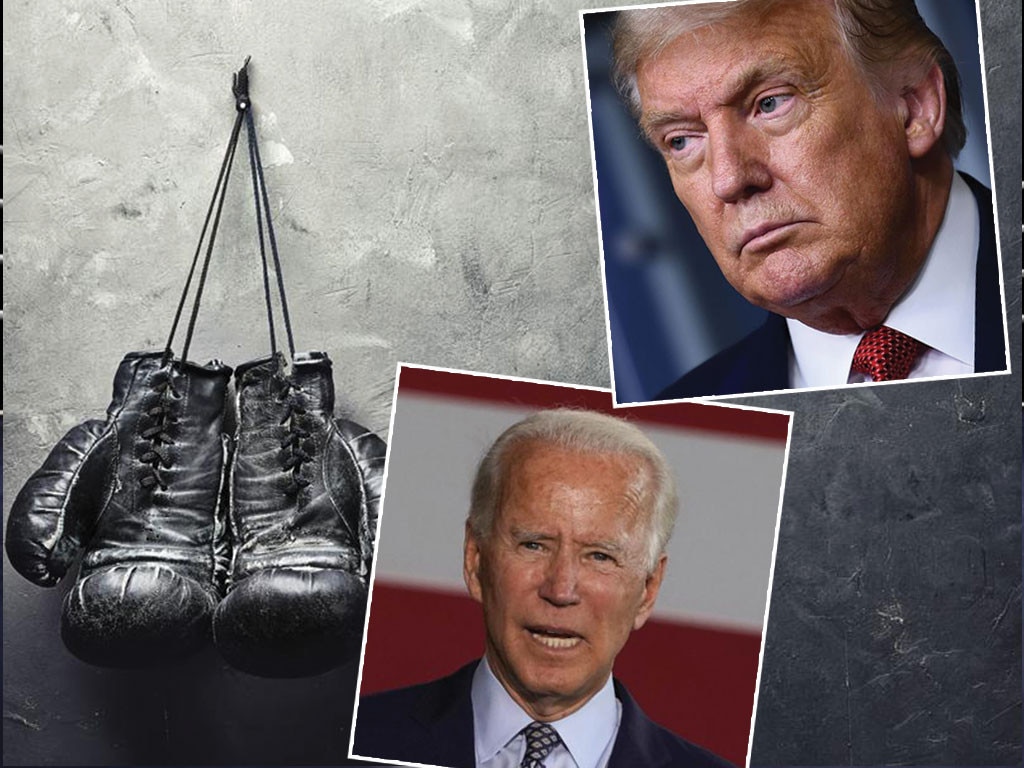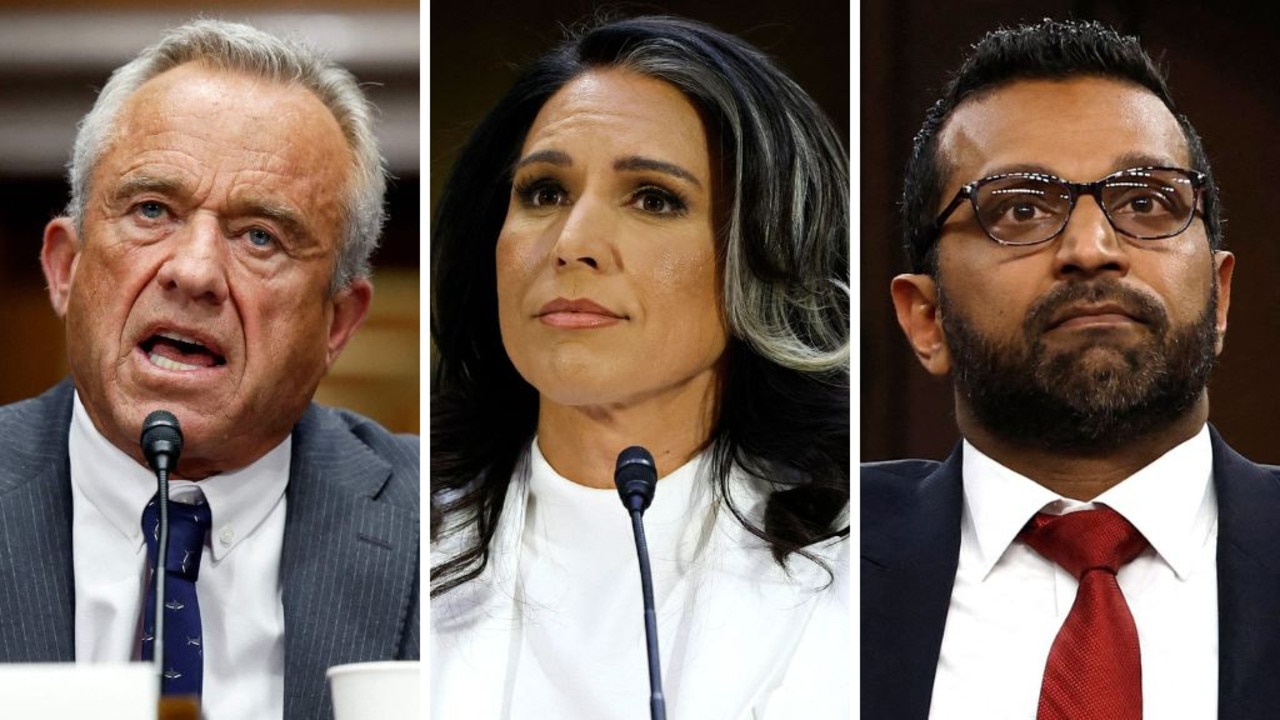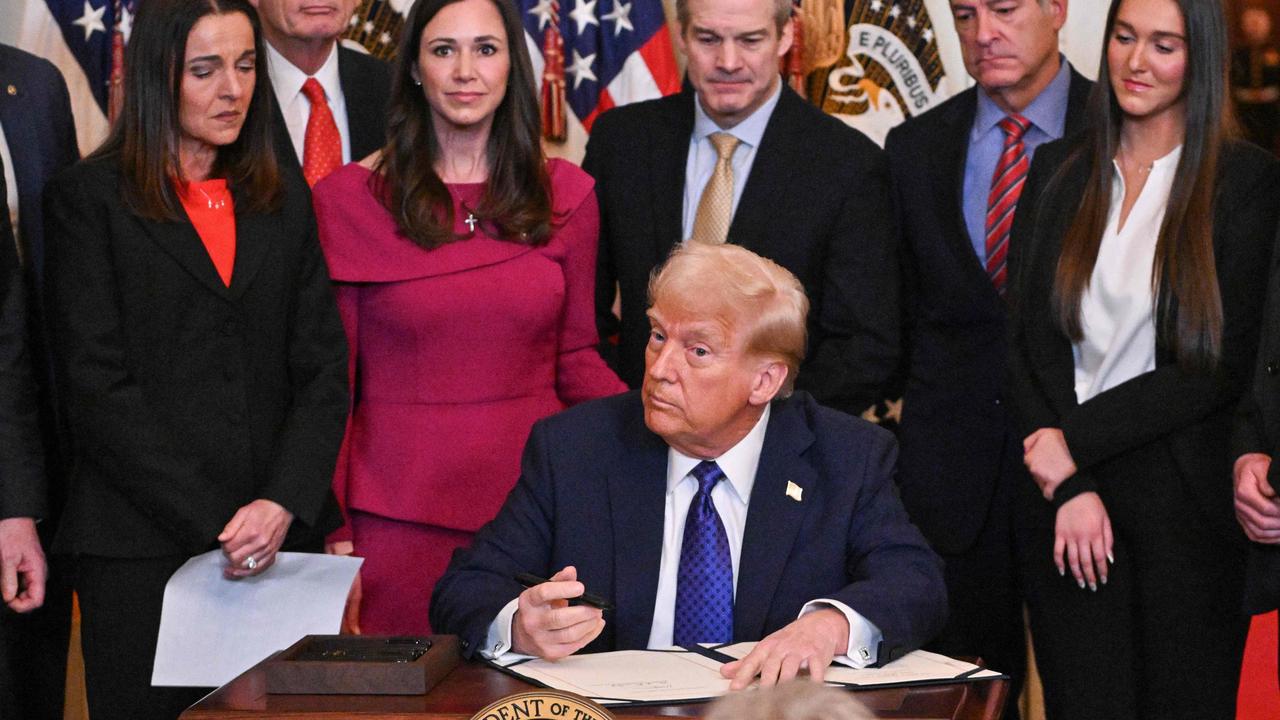2020 race: Biden, Harris agree in some areas but not in many others
Joe Biden and Kamala Harris agree on raising corporate taxes but disagree on trade and climate. Here’s a guide to their positions.
Joe Biden and his running mate, Kamala Harris, share goals such as raising corporate taxes and expanding health insurance to more Americans, but they disagreed during the 2020 Democratic primary campaign on how to approach policy areas including climate and trade.
Here is a guide to her positions — and Mr. Biden’s — on a variety of issues.
Energy and climate

Ms Harris has said she supports the Green New Deal, an overhaul of the economy to combat climate change. Mr. Biden has said he supports the goals behind the Green New Deal, but during the primaries, he backed a smaller investment than many progressives wanted.
Since becoming the party’s presumptive nominee, he has called for a $2 trillion program to combat climate change over four years, more spending and a more ambitious timeline than he supported in the primaries.
Mr. Biden has proposed a fracking ban, but only for oil and gas production from federal lands. Ms Harris, meanwhile, said during a CNN town hall last year: “There’s no question I’m in favour of banning fracking.”
Health care
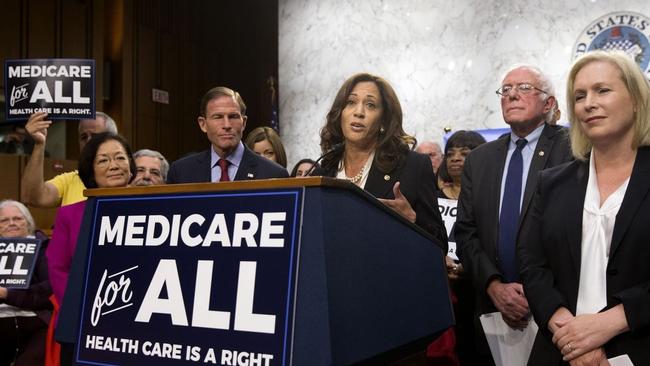
Ms Harris signed onto Vermont Senator Bernie Sanders’s Medicare for All bill in the Senate. But during her presidential campaign, she tried to find a middle ground between backers of single-payer health care and those who prefer the current system, proposing a government-run health care system that would maintain a limited role for private health plans.
Mr. Biden’s plan would expand on Obamacare by offering all Americans a public insurance option. He opposes a Medicare for All system, but he proposed lowering the Medicare age to 60 from 65.
Trade
Senator Harris opposed two recent major trade deals that Mr. Biden supported, the US-Mexico-Canada Agreement and the Trans-Pacific Partnership.
Ms Harris was one of just 10 senators who voted against the USMCA, President Trump’s renegotiated version of the North American Free Trade Agreement. She said its environmental provisions were insufficient.
Mr. Biden cited labour union support in backing the USMCA. He had also voted for the original Nafta in 1993 when he was a senator.
While they differed on the Trans-Pacific Partnership, they agree on the need for an international alliance to confront China, rather than the Trump administration’s largely unilateral approach.
Guaranteed Income
Ms Harris has emerged as a leading voice pushing the Democratic Party toward some form of guaranteed income for all Americans — and she has gone further in that direction than the head of the ticket.
One of the main planks in the economic platform of her presidential campaign was her plan to create a new program of government-funded checks for lower and middle-income families, modelled on the current earned-income tax credit. The payments would be available monthly, more like a paycheck, rather than annually, the way tax credits are paid. The plan would pay up to $6,000 a year for working married couples and college students, and cost about $3 trillion over 10 years — nearly half of the total spending Mr. Biden has proposed in his economic plan so far.
During the pandemic, the California senator co-sponsored a bill that would provide a monthly $2,000 government check to all Americans with an annual income of less than $120,000 through the duration of the pandemic, and for three months beyond.
Mr. Biden has issued a proposal more vague than Ms. Harris’s, saying the government should “provide for additional checks to families should conditions require.”
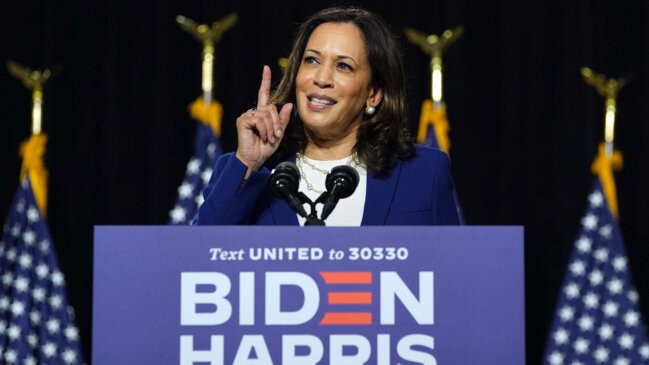
Taxes
Ms Harris differed from her Democratic primary rivals by proposing full repeal of the 2017 tax cuts, which she had voted against. Mr. Biden’s plan would eliminate some of the cuts for companies and high-income households, leaving in place the tax cuts for people making under $400,000.
In the Senate, Ms. Harris is the lead author of a bill to create a tax credit for renters. Her plan would provide money to low-income and middle-income households that spend more than 30% of their income on rent. Mr. Biden is campaigning on a similar idea.
Asylum seekers in Mexico in 2019. As a presidential candidate, Ms. Harris proposed expanding protections for unauthorised immigrants.
Ms Harris’s economic goals also include eliminating income gaps between men and women, and whites and minorities, allowing more workers to join unions and raising the minimum wage to $15 an hour. In most of these subject areas, there is little daylight between her original economic platform and Mr. Biden’s.
Immigration

Ms Harris gained national attention in 2018 for her questioning of then-Homeland Security Secretary Kirstjen Nielsen over the administration’s separation of migrant families at the border. That same year, she was one of a handful of Democrats to oppose a plan to give the Trump administration billions of dollars for a border wall in exchange for creating a citizenship pathway for young immigrants living in the country without permission.
As a presidential candidate, Ms. Harris proposed using the executive branch’s broad immigration powers to expand protections for unauthorised immigrants, including making it easier for those young people to apply for permanent resident status, a step on the way to becoming citizens. Ms Harris and Mr. Biden both raised their hands when asked during a Democratic debate whether they would give health care to people who are in the U.S. illegally.
Ms Harris endorsed the idea of decriminalising border crossings at places other than official ports of entry, a proposal the party’s left flank had embraced but that Mr. Biden never signed onto. Ms Harris later backtracked on her support, saying she didn’t want to see migrants jailed but that she believed in border security.
She also staked out early positions on immigration that her running mate has since taken up. The first bill Ms. Harris introduced in the Senate would create guaranteed access to counsel for migrants seeking asylum in the U. S. — a proposal Mr. Biden has now embraced. Mr. Trump seized on that proposal in a July press conference, asking, “We’re going to give all illegal aliens taxpayer-funded lawyers. How does that sound? Pretty good?”
Ms Harris has advocated for a review of how U.S. Immigration and Customs Enforcement operates, but neither candidate has endorsed calls from the left to abolish ICE.
Technology
Ms Harris and Mr. Biden haven’t ruled out breakups of big tech companies, but unlike some people to their left on the political spectrum, they haven’t explicitly called for them either. Ms Harris has emphasised the need to pursue regulations to protect users’ privacy online. Many tech companies share that goal as long as it doesn’t up-end their business models.
Ms Harris’s California roots mean she has many supporters in Silicon Valley, and critics note the tech companies grew dominant while she was the state’s top law enforcer. Facebook Chief Operating Officer Sheryl Sandberg praised her in a Tuesday Instagram post.
Both Ms. Harris and Mr. Biden have supported changes to Section 230 of the Communications Decency Act, which immunises tech companies when they moderate content online. Ms Harris helped pass a law that makes tech platforms responsible when they facilitate sex trafficking, while Mr. Biden has floated the idea of revoking Section 230. Both have said social media platforms need to be held accountable for the spread of misinformation.
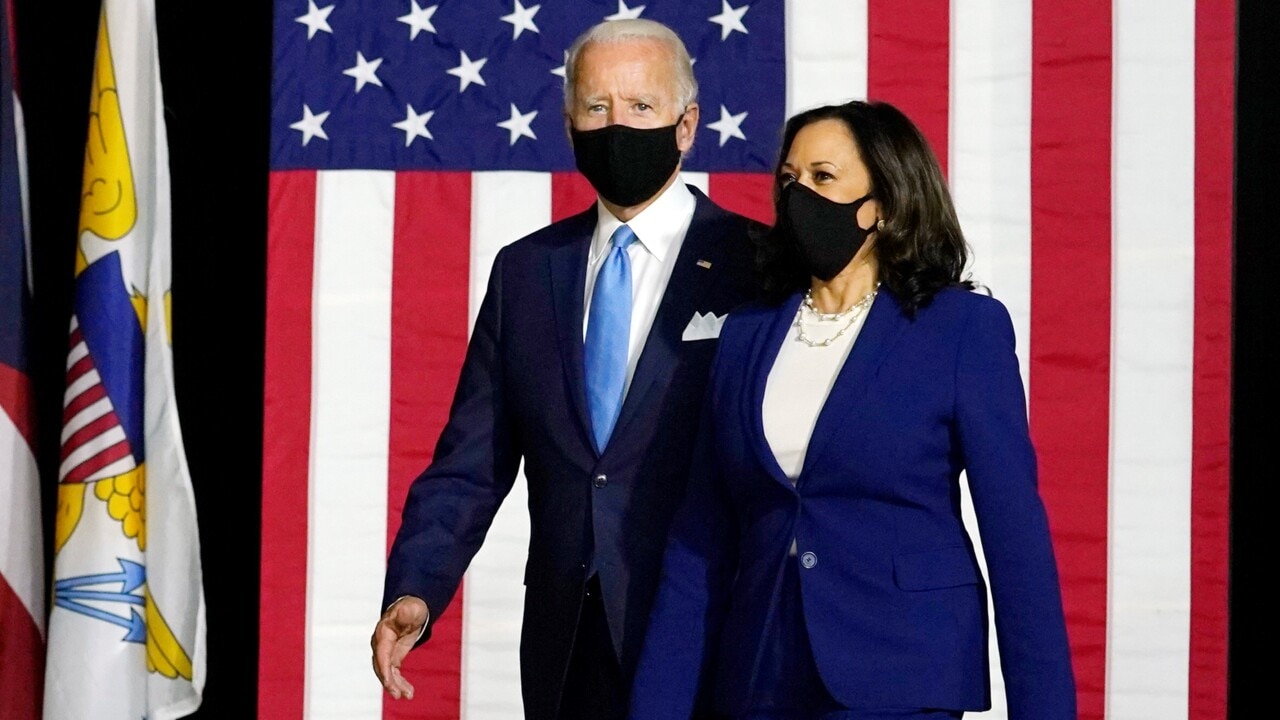
Intelligence
Given her law enforcement background, the California senator surprised some observers by being critical at times of the Foreign Intelligence Surveillance Act. She co-sponsored an amendment that sought to require federal authorities to obtain a warrant before searching for American content in databases of foreign intelligence information collected by the National Security Agency. While the program targets foreigners, it incidentally collects information on Americans, such as those who communicate with people overseas.
The amendment failed, prompting Ms. Harris to vote against reauthorizing the overall FISA program, along with more than half of Senate Democrats.
When in the Senate, Mr. Biden joined 98 of his colleagues in the wake of the Sept. 11, 2001, terrorist attacks to pass the Patriot Act, an expansive counter-terrorism law that granted intelligence agencies new surveillance powers. But in 2008, he voted against a bill that broadened FISA and served as the legal basis for secret programs later exposed by intelligence contractor Edward Snowden. President Barack Obama later voted for the measure, and the Obama administration was frequently criticised by privacy advocates for continuing Bush-era spying programs.
Banking
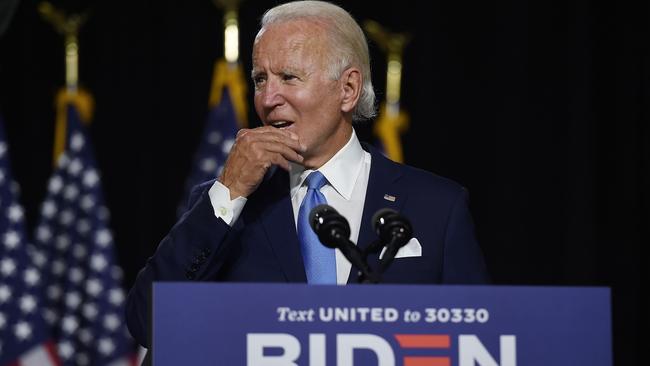
Ms Harris has touted her record as California attorney general in forcing big banks to make amends to customers hurt in the 2008 financial crisis.
In her 2019 book, “The Truths We Hold,” Ms. Harris describes a series of negotiations aimed at holding the nation’s five largest mortgage lenders accountable for their role in the foreclosure crisis. The banks eventually agreed to a 2012 settlement of $26 billion, which ultimately provided an estimated $50 billion in gross relief to homeowners.
While in the Senate, Ms. Harris opposed efforts to ease rules for banks that were put in place in the Obama administration, voting against 2018 legislation favoured by the Trump administration to cut regulations for smaller lenders.
Policing/Criminal Justice
Ms Harris and Mr. Biden have both backed overhauls in the wake of recent police killings of unarmed Black Americans and supported Senate Democrats in blocking GOP legislation they believed didn’t go far enough to address the issue.
House Democrats passed legislation in June that would overhaul the nation’s law-enforcement practices, but the bill — which Ms, Harris is a co-sponsor of in the Senate — hasn’t advanced in the GOP-controlled Senate.
Mr. Biden has explicitly rejected calls to defund the police. In June, a spokesman said the former vice president “does not believe that police should be defunded.”
Ms Harris, meanwhile, hedged when asked on ABC’s “The View” last month whether she supported such calls. “We need to reimagine how we are achieving public safety in America,” Ms. Harris said, calling for putting more money into education, affordable housing and other priorities rather than increasing the number of police officers as a way to reduce crime.
Jacob M. Schlesinger, Josh Zumbrun, Michelle Hackman, Dustin Volz, Ryan Tracy, Richard Rubin, Andrew Ackerman and Aruna Viswanatha contributed to this article.
The Wall St Journal

